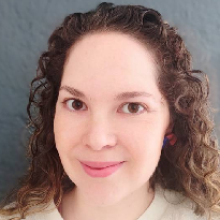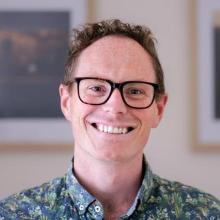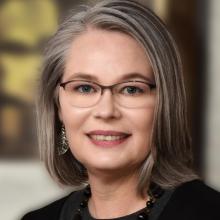Beautiful Charleston, South Carolina, USA, is home of SSEA’s 12th conference on emerging adulthood.
Thriving in Complexity
Emerging adulthood is always a time of change, growth, and challenge, and today’s generation is arguably experiencing this stage in an unprecedentedly complicated era. They’re entering a workforce drastically altered by the COVID-19 pandemic and a shift away from traditional employment; politics in many nations are polarized and divisive; wars and poverty are driving record-breaking forced migration; and climate change is a source of dread about the future for young people, with social media providing constant reminders about these issues. As a result, some emerging adults do experience depression, anxiety, and other mental health issues, yet many are thriving. They are protesting perceived injustices, using technology to connect and create, and vowing to make a better world than their elders. Emerging adults are choosing diversity while they aim to defend their rights and the rights of others. It is a time in which we are not giving voice to others when we should be opening spaces where any voice can be listened to. This conference will explore the challenges today’s emerging adults face and their empathy, understanding, and passion that contribute to their resilience and even thriving.
We are no longer accepting proposals for this conference call.
Keynote Address, Dr. Lene A. Jensen

Lene Arnett Jensen is the originator of the “cultural-developmental” theoretical approach to research on human psychology. This approach encompasses what is universal and what is culturally distinctive about human development. Unlike one-size-fits-all psychological theories of the 20th century, the cultural-developmental approach provides a flexible way to think about psychological development in today’s global world. Dr. Jensen authors college textbooks on child, adolescent, and lifespan development (with J. J. Arnett, all published by Pearson). Dr. Jensen is a Senior Research Scientist in the Department of Psychology at Clark University.
Conference Committee

Itzel Eguiluz
Co-Chair
Karla Vermeulen
Co-ChairState University of New York at New Paltz

Julia Passini
Committee
Amy Kolak
Committee
Samuel McKay
CommitteeUniversity of Melbourne

Alan Meca
CommitteeOld Dominion University, USA

Luzelle Naude
CommitteeUniversity of the Free State, South Africa

Tushar Singh
CommitteeBanaras Hindu University, India




